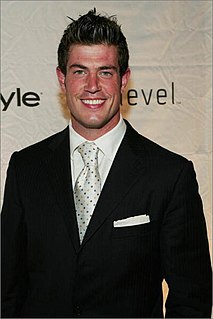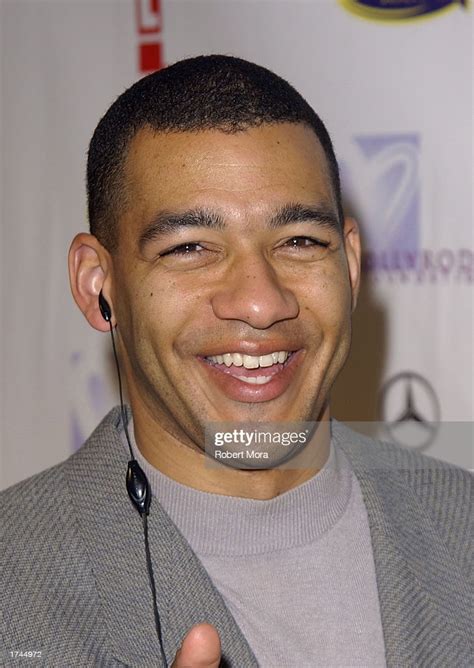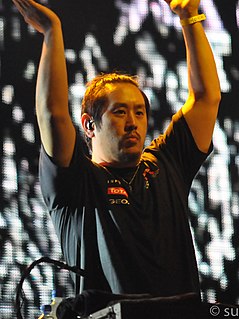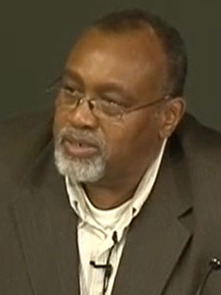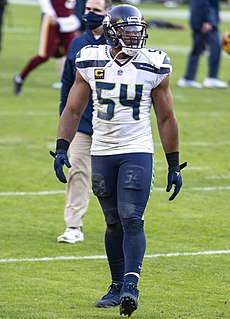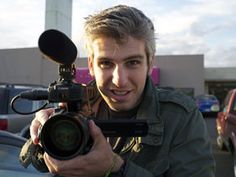A Quote by Konnie Huq
Because Blue Peter can get you access to places - if you go to somewhere like Nasa, you don't just see what most people see, you can get a lot of behind the scenes access. You can talk to an astronaut.
Related Quotes
Making movies is like a circus. You get together for a finite amount of time and you build the most extravagant thing you can, which requires teamwork. Most people don't know, but when you see something on screen, it looks perfect. If you go behind the scenes, things are very archaic. You only see the front of the building, not the back.
In the Internet world, both ends essentially pay for access to the Internet system, and so the providers of access get compensated by the users at each end. My big concern is that suddenly access providers want to step in the middle and create a toll road to limit customers' ability to get access to services of their choice even though they have paid for access to the network in the first place.
America is the only advanced industrial democracy where people can get sick and languish because they can't afford care. Or where people are blocked in access to the system because they don't have access to insurance, which is only available through certain narrow portals and under certain very restricted conditions. We're the only society that hasn't embraced this idea that no one should go without access to these services, regardless of their financial condition. And no one should be saddled with a lifetime of debt because they have the misfortune of falling ill.
All the knowledge that I get, all the access that I get, I try to pass that down. And not open a door, and close it behind me. But open a door and see how many people behind me that I can pull in with me, and start showing the value of diversity, the value of having that different perspective than yours.
One thing you learn about doing nonfiction is that you've got to get it right, fact-check, do your research. You've got to not only get the facts right but represent the subject to the world in a way that insiders feel like it's an access port and outsiders can access it. If you're too insider, you block access to anyone else.

